During pregnancy, women develop several changes in their body functioning (physiology) due to the significant amount of hormones they release to their unborn offspring (foetuses).
In connection with this, researchers have, since 1990s, found the benefit of regular physical exercises in pregnant women and suggested light to moderate physical workouts.
However, this is advisable for those pregnant women whose medical records do not show they have specific adverse conditions.
The best explanation to this lies in how the hormones work during pregnancy. What actually happens is that for about 40 weeks of pregnancy, especially during the last three months, these hormones cause several changes.
Firstly, the hormones influence the woman’s desire for food, thus increasing her body weight (by an average of 11 kg).
This also entails an increase in blood volume, demand for more food nutrients and the rate at which she respires and her minimal rate of energy expenditure—the Basal metabolic rate (BMR).
In that case, physical activity is very vital because it can help her use up the energy generated but also balance the weight control process.
This also comes with significant benefit on her general wellbeing and goes long to improve the physical and mental health aspects.
What kind of physical exercise matter?
The physical activities are categorized by the level of intensity, ranging from inactive, light, and moderate to vigorous activity.
Studies have shown that moderate and vigorous activity is better for the heart and reduces the risk of developing cardiovascular diseases and other chronic diseases such as diabetes.
Read Medscape: Never Too Late to Start: Exercise Cuts CVD Death in Diabetes
Such activities make your heart, lungs, and muscles work harder. However, light activities can have a more remarkable health effect if done for longer and sustained period.
The good thing about light exercises is that they are part of the normal duties performed at home.
World Health Organization says about 3.2 million deaths globally can be attributed to insufficient physical activity annually.
In America, studies I have read show that physical inactivity contributes to about half (48.5 per cent) of all risk factors that lead up to the development chronic diseases in women of reproductive age.
So, this suffices to say that women who exercise regularly and those who perform light to moderate exercises within the first six months of pregnancy have lower risk of developing maternal complications during pregnancy.
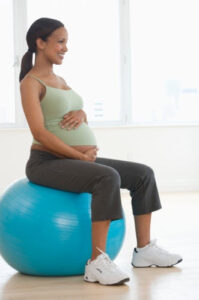
Various studies point out that physical activity reduces blood glucose, blood pressure and trims off body fat. In addition, it reduces the risk of colon and breast cancers in women.
Regular physical exercises also reduce the rate of weight gain; lower the risk of premature delivery, postpartum depression and boost self-esteem.
Here is what I recommend for women to do
Start doing recommended physical exercises before pregnancy. Discuss with your doctor about screening for high blood pressure, blood sugar and cholesterol levels before and when considering becoming pregnancy.
Free basic screening and advice will be available at Tanzania Health Summit in 14-16 November 2017. You can register HERE now
Make changes in your life style
Be physically active regularly. Healthy women should get at least 150 minutes per week of moderate-intensity aerobic activity, such as brisk walking before, during and after pregnancy.
If you have other health conditions, discuss with your doctor about the level and type of physical activities to perform.
Maintain a healthy weight, before and after pregnancy.
Maintain a healthy diet that includes fruits, vegetables, whole grains and lean meet (meet with little or no fat). Try to limit foods high in fat, added sugars or salt.

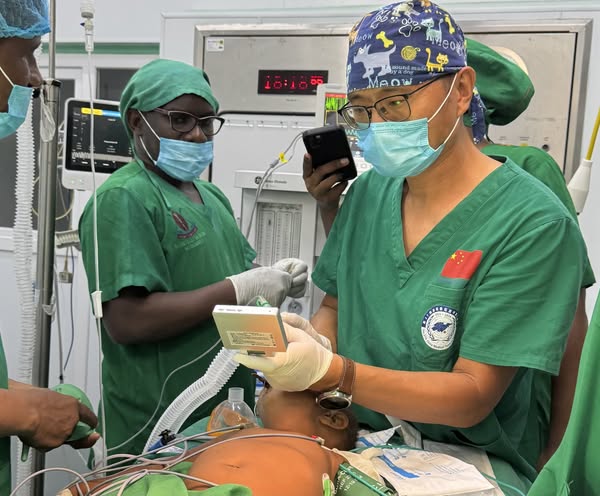
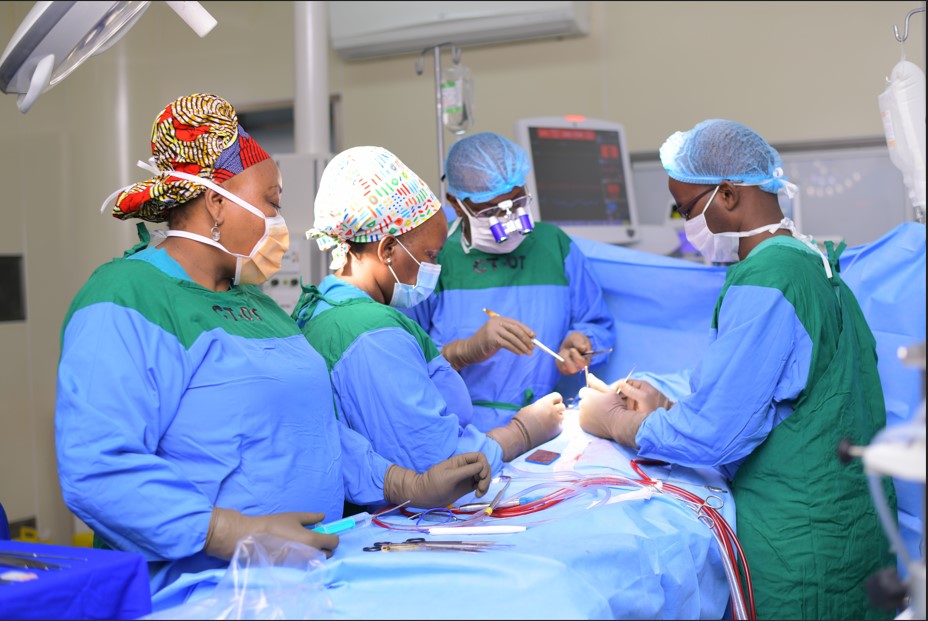
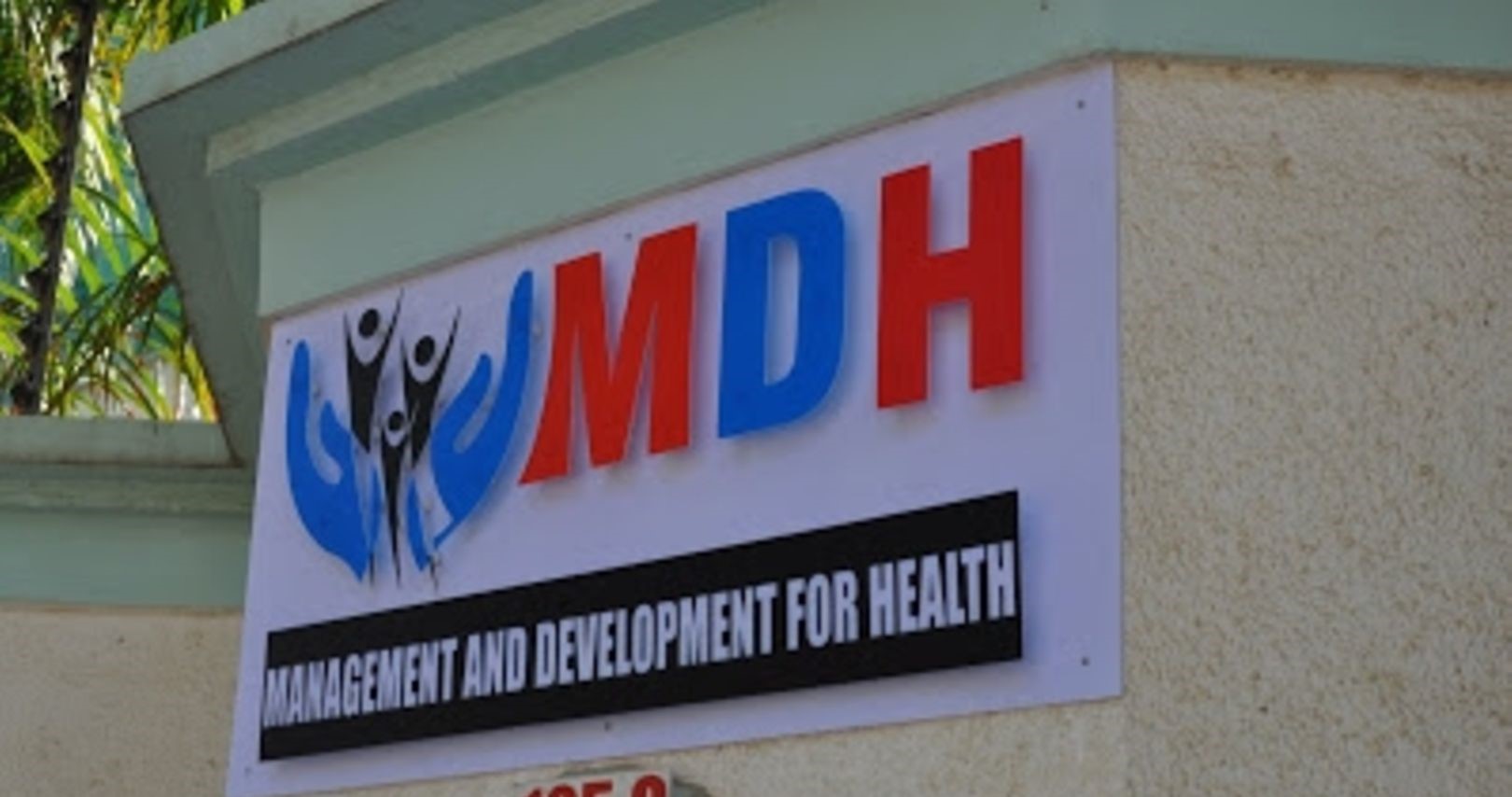




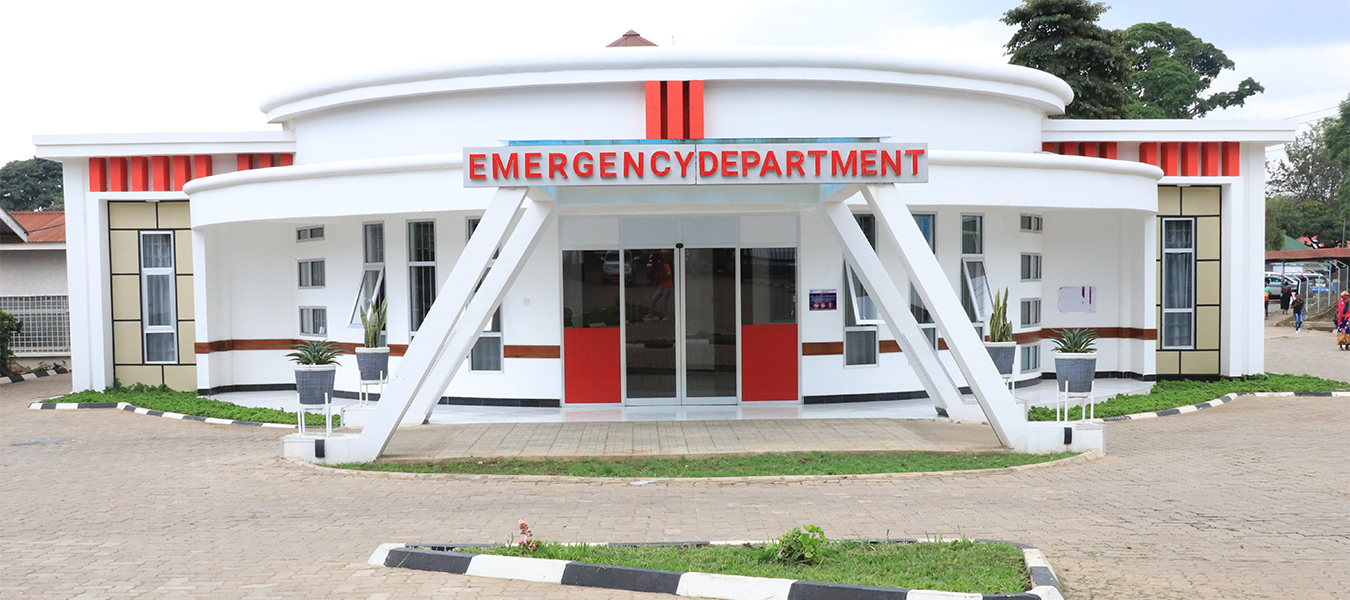
This is very informative… Many people in Tanzania do not really know how important body exercise is, now you can imagine a pregnant woman working-out while she never understood the importance of exercise before pregnancy. It is about time, Great post.
https://www.dailylifetalk.com/
Jane,
Thanks you for the comment. Indeed there is a lot be done on attitude change.
So useful I real appreciate your help. And I missed your lectures on ECG during first year. Live long ili uje umfundishe na mwanangu.stay blessed Dr.
Thanks Mwashi